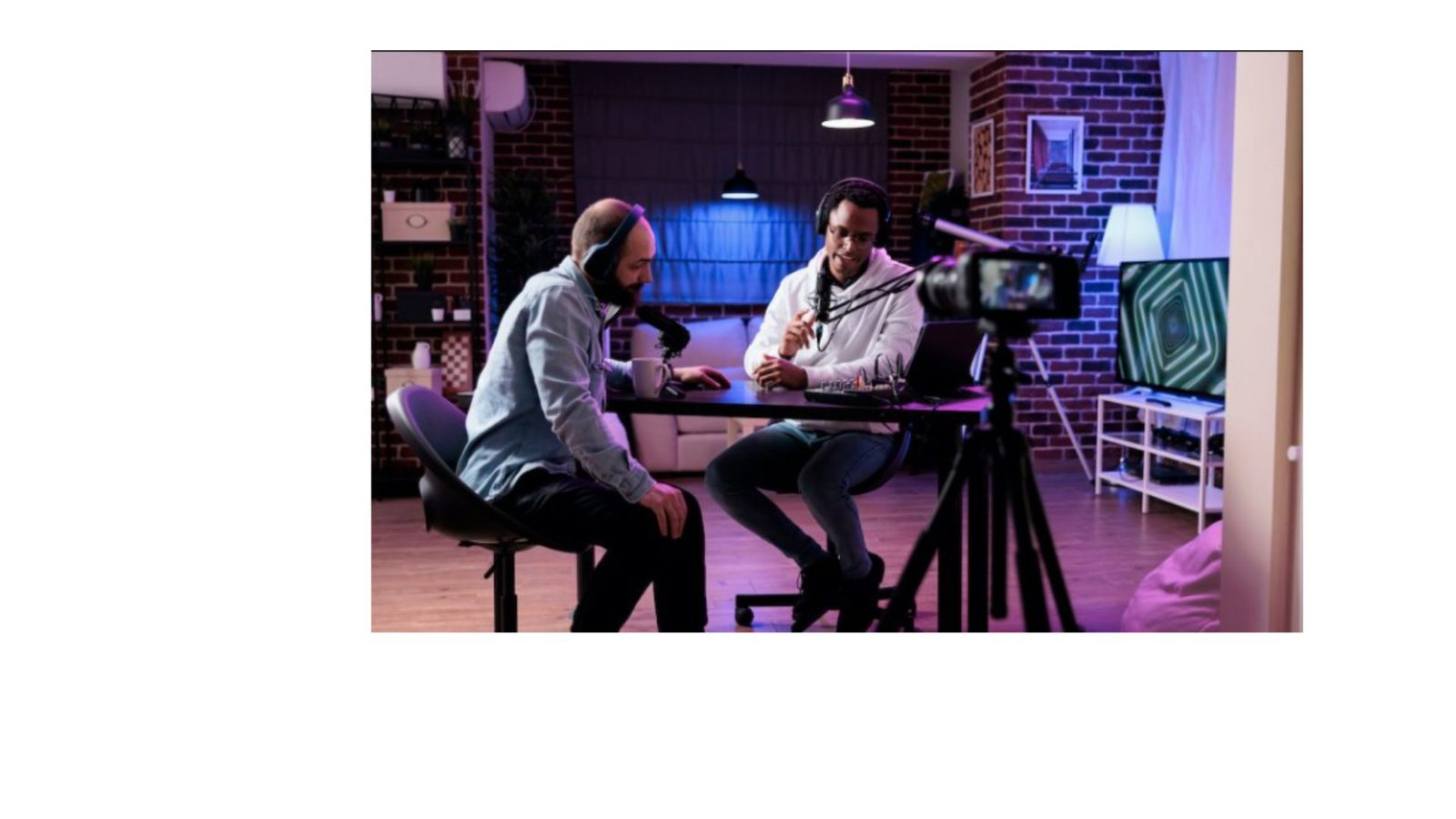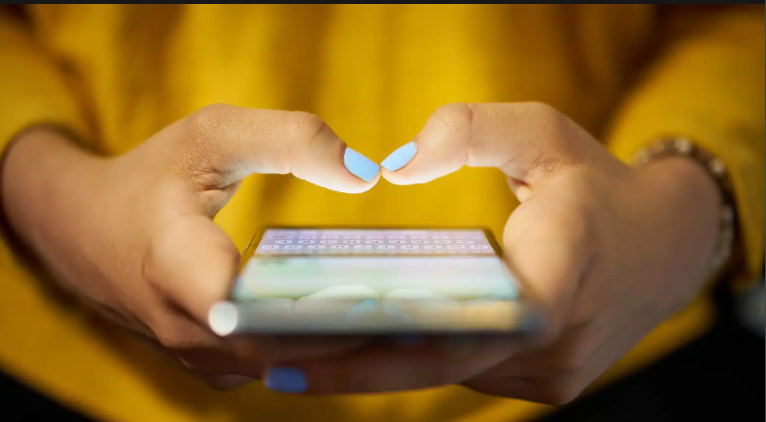|
Getting your Trinity Audio player ready...
|

In today’s digital age, social media has become a powerful tool for shedding light on human rights violations. Its raising awareness on global issues. From documenting atrocities to mobilizing support for justice, social media platforms play a crucial role in human rights reporting and advocacy. Let’s explore the significant impact of social media on human rights reporting and awareness.
Amplifying Voices
Firstly, digital media provides a platform for individuals and communities to share their stories and experiences with a global audience. Through platforms like Twitter, Facebook, and Instagram, victims of human rights abuses can amplify their voices and reach a broader audience, garnering support and solidarity from around the world.
Real-Time Reporting
Moving on, unlike traditional media channels, digital media allows for real-time reporting of human rights violations as they occur. Also, citizen journalists and activists can use platforms like YouTube and live streaming services to broadcast events and document abuses as they unfold, providing immediate visibility and accountability.
Mobilizing Support
Furthermore, social media has revolutionized the way human rights campaigns are organized and mobilized. Through hashtags and viral campaigns, activists can rally support, raise funds, and pressure governments and corporations to take action on critical issues. The #BlackLivesMatter movement and the #MeToo movement are prime examples of how social media has sparked global conversations and prompted tangible change.
Global Awareness
Social media platforms have the potential to reach millions of users worldwide. Its making them invaluable tools for raising awareness about human rights issues. Powerful images, videos, and personal stories shared on platforms like Instagram and TikTok can capture the attention of audiences and inspire action, driving public discourse and advocacy efforts
Citizen Journalism
Social media empowers ordinary citizens to become citizen journalists, providing firsthand accounts and insights into human rights abuses. Platforms like Twitter and Facebook have become virtual newsrooms, where individuals can share information, photos, and videos that may not be covered by mainstream media outlets, thereby filling gaps in coverage and shedding light on underreported issues.
Accountability and Transparency
By providing a digital trail of evidence, social media holds perpetrators of human rights violations accountable for their actions. Videos and photos shared on platforms like YouTube and Twitter serve as invaluable documentation of abuses, compelling governments and organizations to respond and take action to address human rights concerns.
Challenges and Limitations
However, despite its many benefits, social media also poses challenges and limitations in human rights reporting and advocacy. Also, issues such as misinformation, censorship, and digital surveillance can hinder efforts to raise awareness and hold perpetrators accountable. It is essential to address these challenges and work towards solutions that uphold the integrity of human rights advocacy online.
Ethical Considerations
As we harness the power of social media for human rights advocacy, it is crucial to consider ethical implications. Respect for privacy, consent, and cultural sensitivity should guide our actions online, ensuring that our advocacy efforts are conducted responsibly and ethically.
Collaboration and Networking
Social media facilitates collaboration and networking among human rights activists. Also, organizations enabling them to share resources, coordinate efforts, and amplify their impact. Online platforms serve as virtual meeting spaces where individuals and groups can connect, exchange ideas, and collaborate on initiatives to promote human rights worldwide.
Education and Awareness
Digital communities serves as a valuable educational tool, raising awareness about human rights issues and encouraging informed action. By sharing informative content, resources, and campaigns, individuals can engage with human rights issues and contribute to positive change in their communities and beyond.
Conclusion
The impact of social media on human rights reporting and awareness cannot be overstated. From amplifying voices to mobilizing support, digital communities platforms have transformed the landscape of human rights advocacy. Moreover, its bringing attention to injustices and driving meaningful change. In addition, as we continue to navigate the digital age, it is essential to harness the power of social media responsibly and ethically to advance the cause of human rights worldwide.

